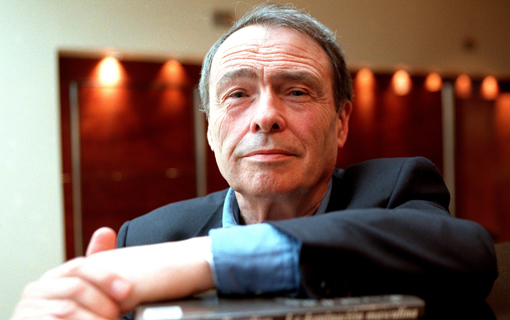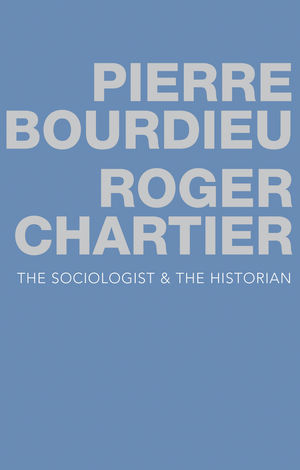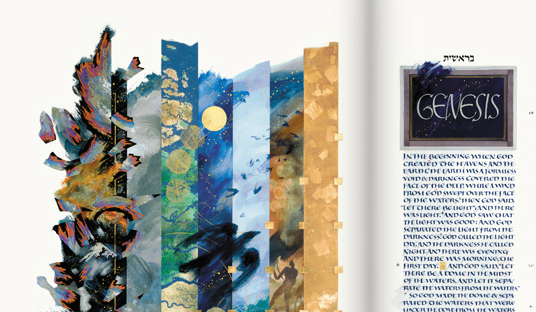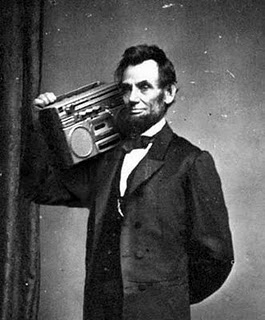 This is part of a collection of posts of quotations from The Sociologist and the Historian, (first published in French in 2010 and in English in 2015), a short collection of transcripts from a series of late 1987/early 1988 radio interviews between Roger Chartier and the late social theorist, Pierre Bourdieu.
This is part of a collection of posts of quotations from The Sociologist and the Historian, (first published in French in 2010 and in English in 2015), a short collection of transcripts from a series of late 1987/early 1988 radio interviews between Roger Chartier and the late social theorist, Pierre Bourdieu.
I believe that one of the contributions of my work … has been to turn the scientific gaze onto science itself. For example, to take occupational classifications as the object of analysis instead of using them without hesitation or reflection. The paradox is that historians, for example … often show an extraordinary naivety in their use of categories. For example, it is impossible to conduct longitudinal statistical studies comparing the status of medical doctors from the eighteenth century through to our day — perhaps I’m inventing this example — without being clear that the notion of a ‘doctor’ is a historical construction that has constantly changed. It is the very categories with which the historic object is constructed that should be the object of a historical analysis.
The same pertains in relation to the terms with which we speak about reality. ‘Politics,’ for example, is completely a historically constituted notion, constituted very recently; the world of what I call the political field is practically an invention of the nineteenth century. You could discuss — I don’t want to go out on a limb, being faced here with a redoubtable historian — but I believe that all these notions, all the words and concepts that we employ to conceptualize history, are themselves historically constituted; and strangely, historians are actually the most apt to fall into anachronism since, whether to seem modern or to make their work more interesting, or out of negligence, they employ words that are currently used to speak of realities within which these words were not current, or else had a different meaning. I believe that this reflexivity is extremely important. (11-12)
Listen to the original radio broadcast, in French, here.



 This semester I’m teaching a course on the uses of anachronism in the study of the ancient Greek world, one such anachronism being the concept of religion itself (for it is hardly a local term in the ancient Greek world). Last week, just before class, I happened to stumble across an article that made the rounds on Facebook entitled
This semester I’m teaching a course on the uses of anachronism in the study of the ancient Greek world, one such anachronism being the concept of religion itself (for it is hardly a local term in the ancient Greek world). Last week, just before class, I happened to stumble across an article that made the rounds on Facebook entitled  This is part of a collection of posts of quotations from
This is part of a collection of posts of quotations from 

 Which way of picturing the past gets to count as anachronistic and which doesn’t?
Which way of picturing the past gets to count as anachronistic and which doesn’t?